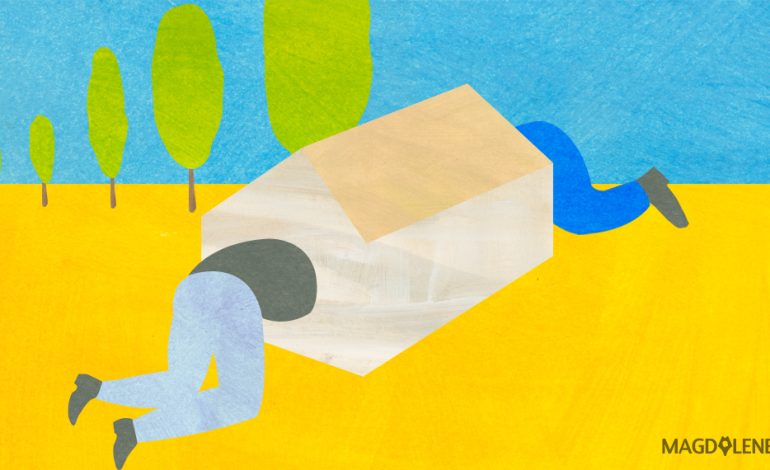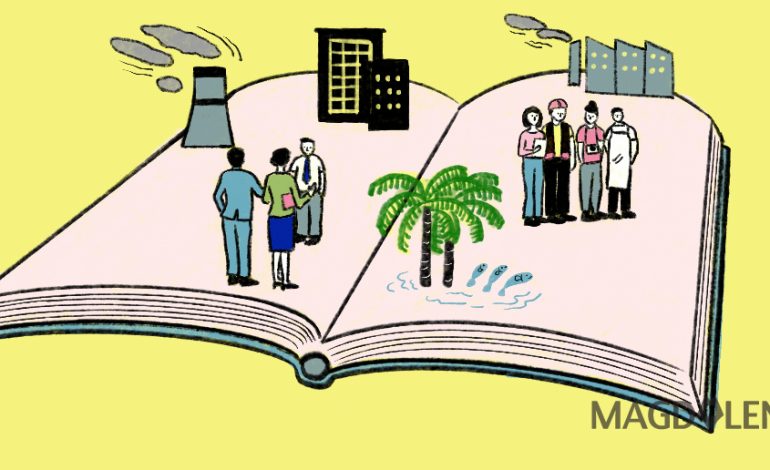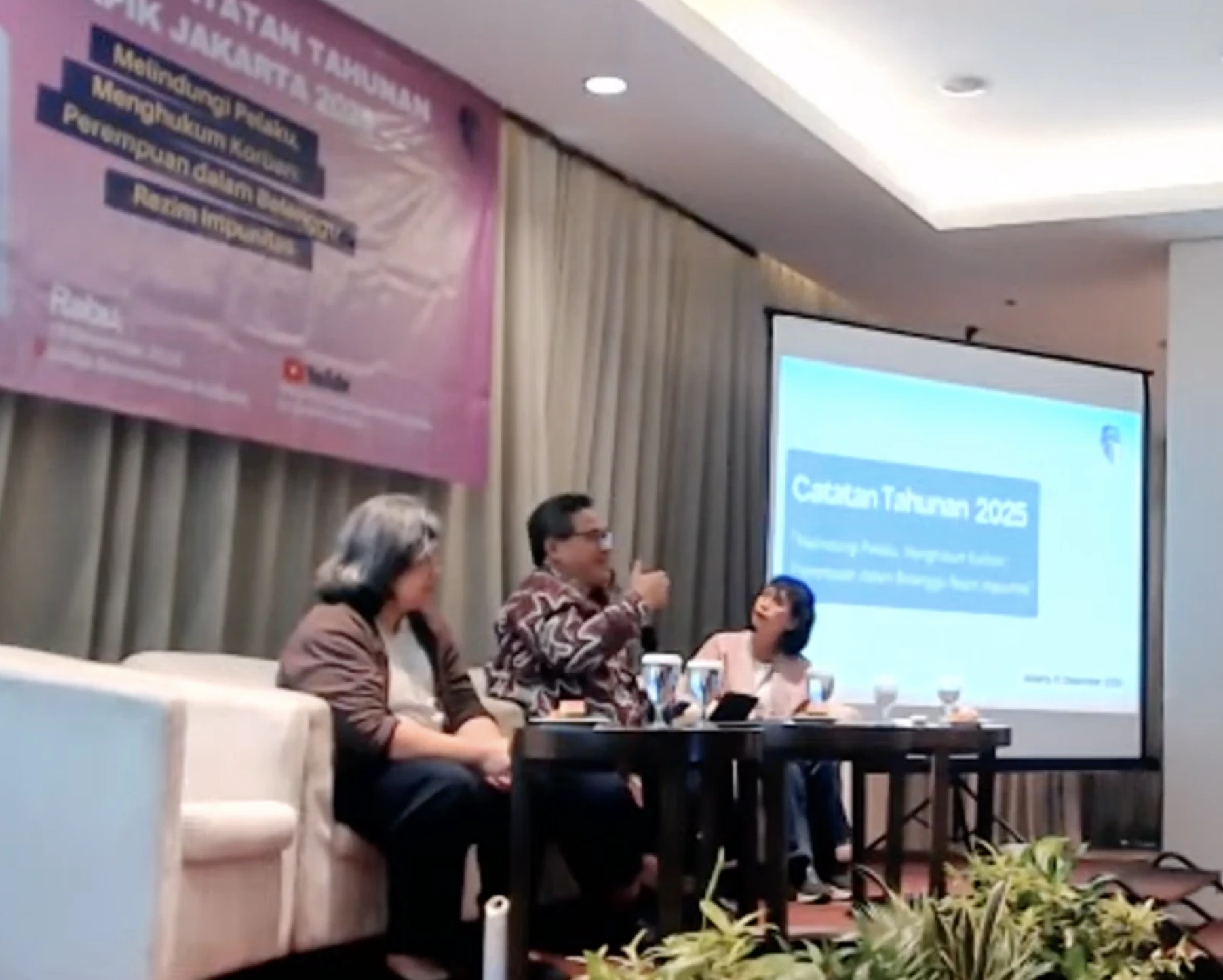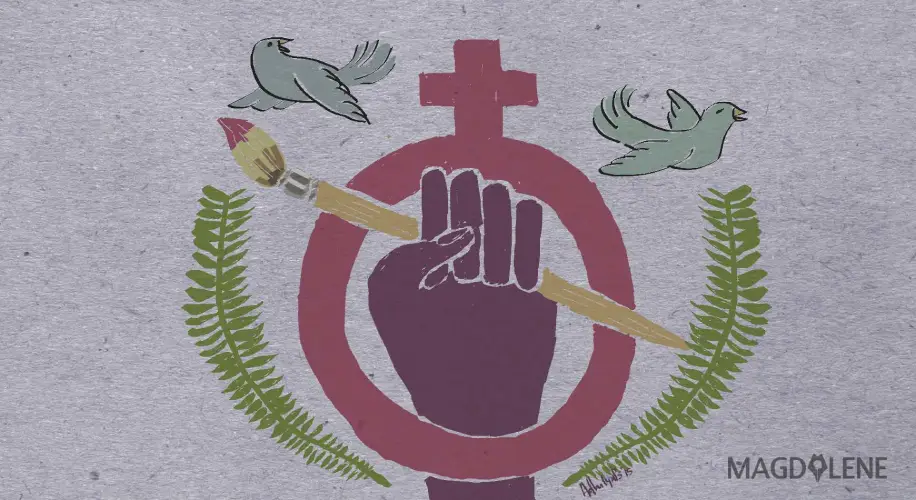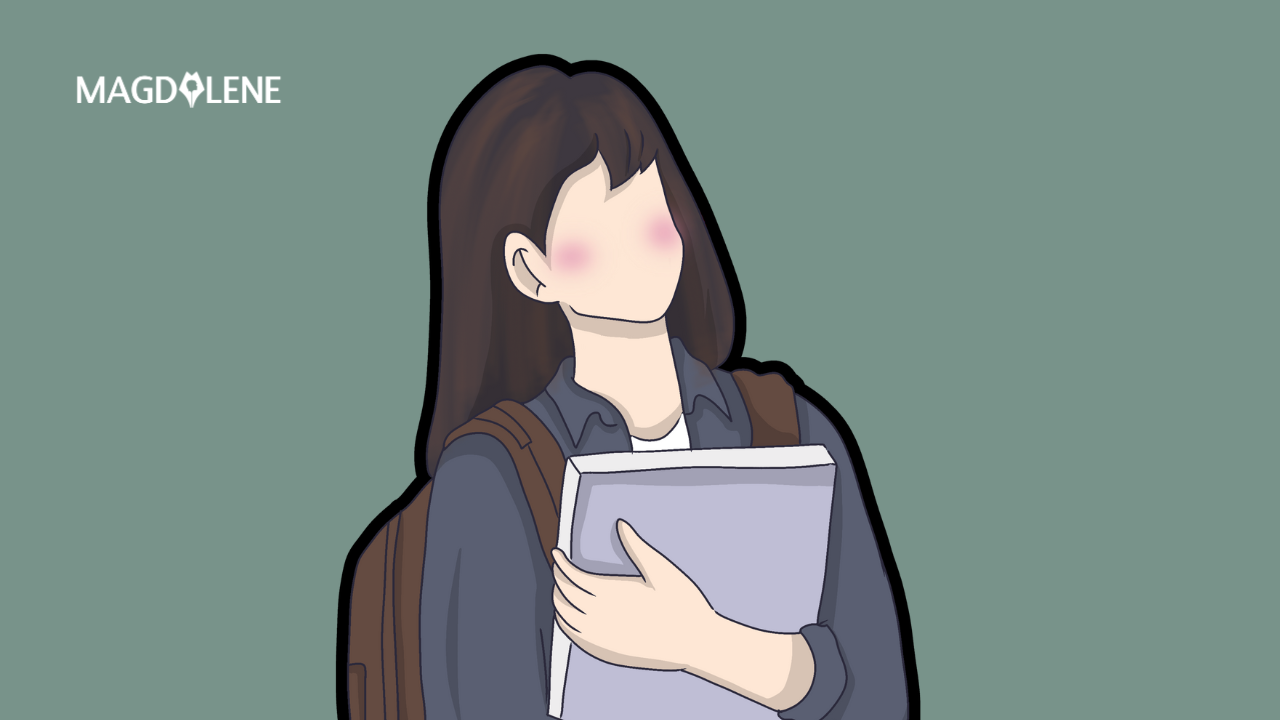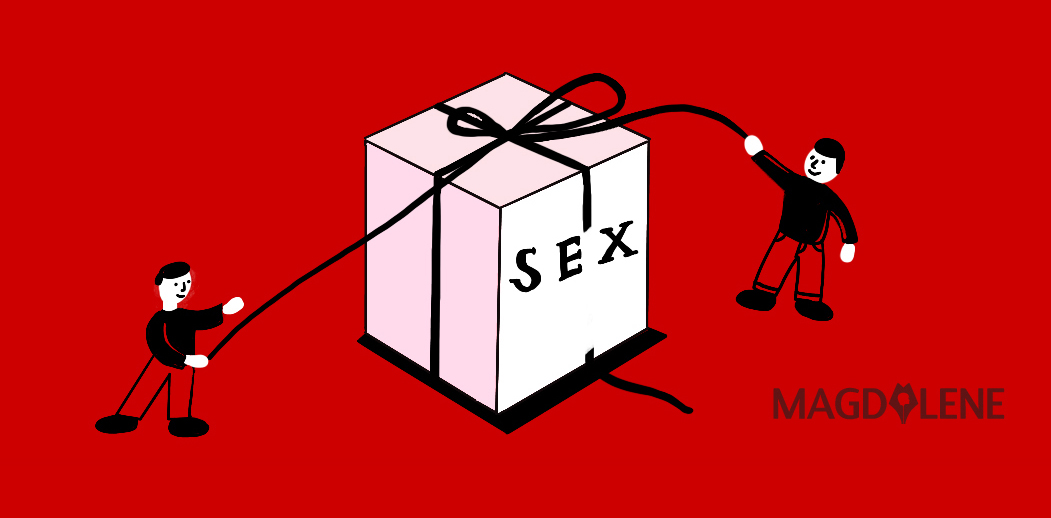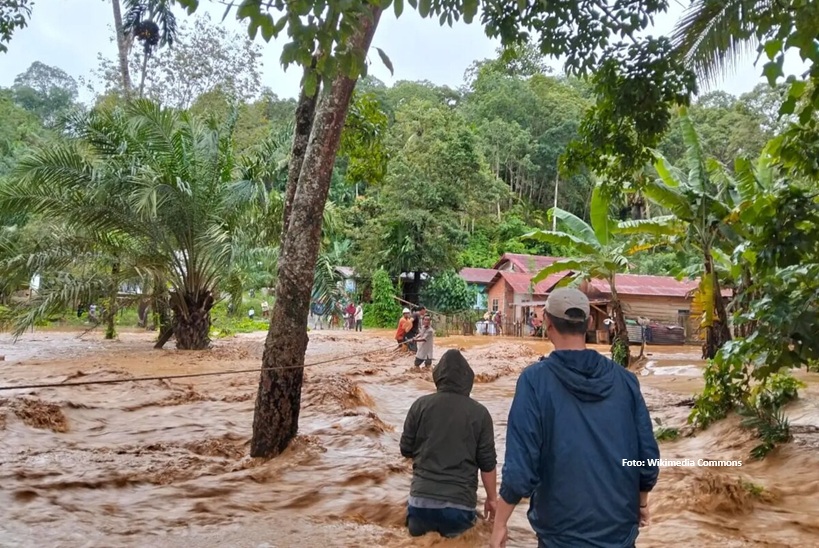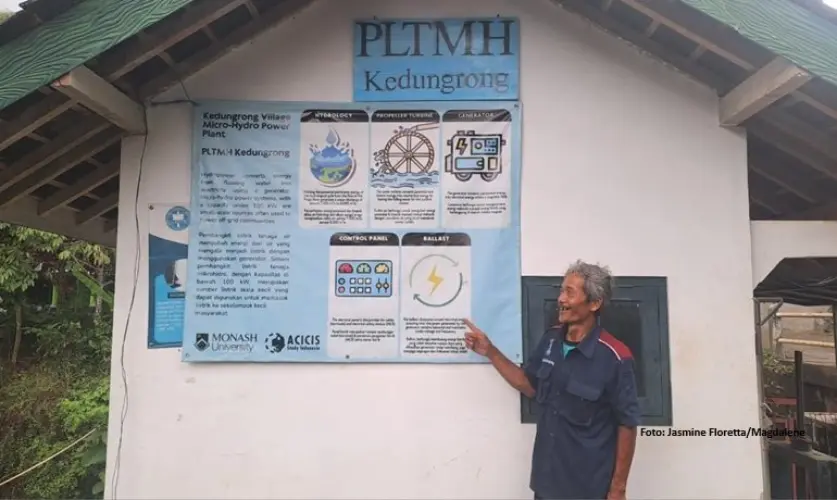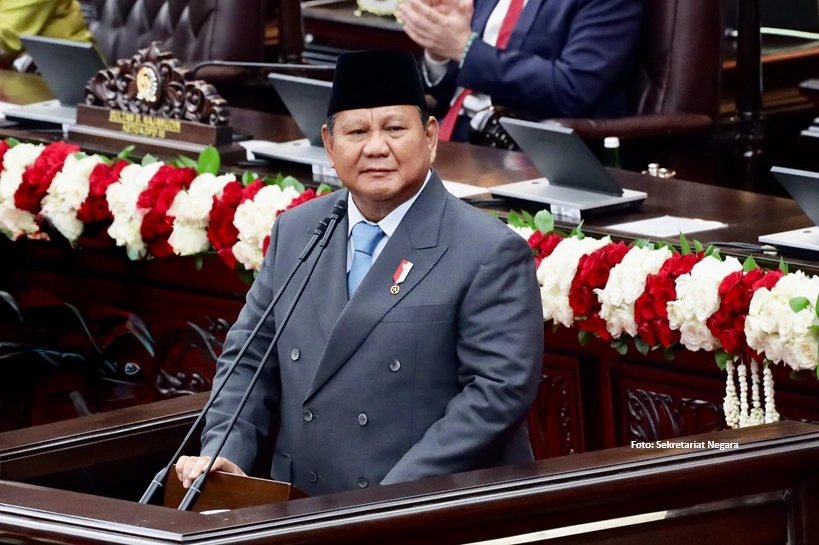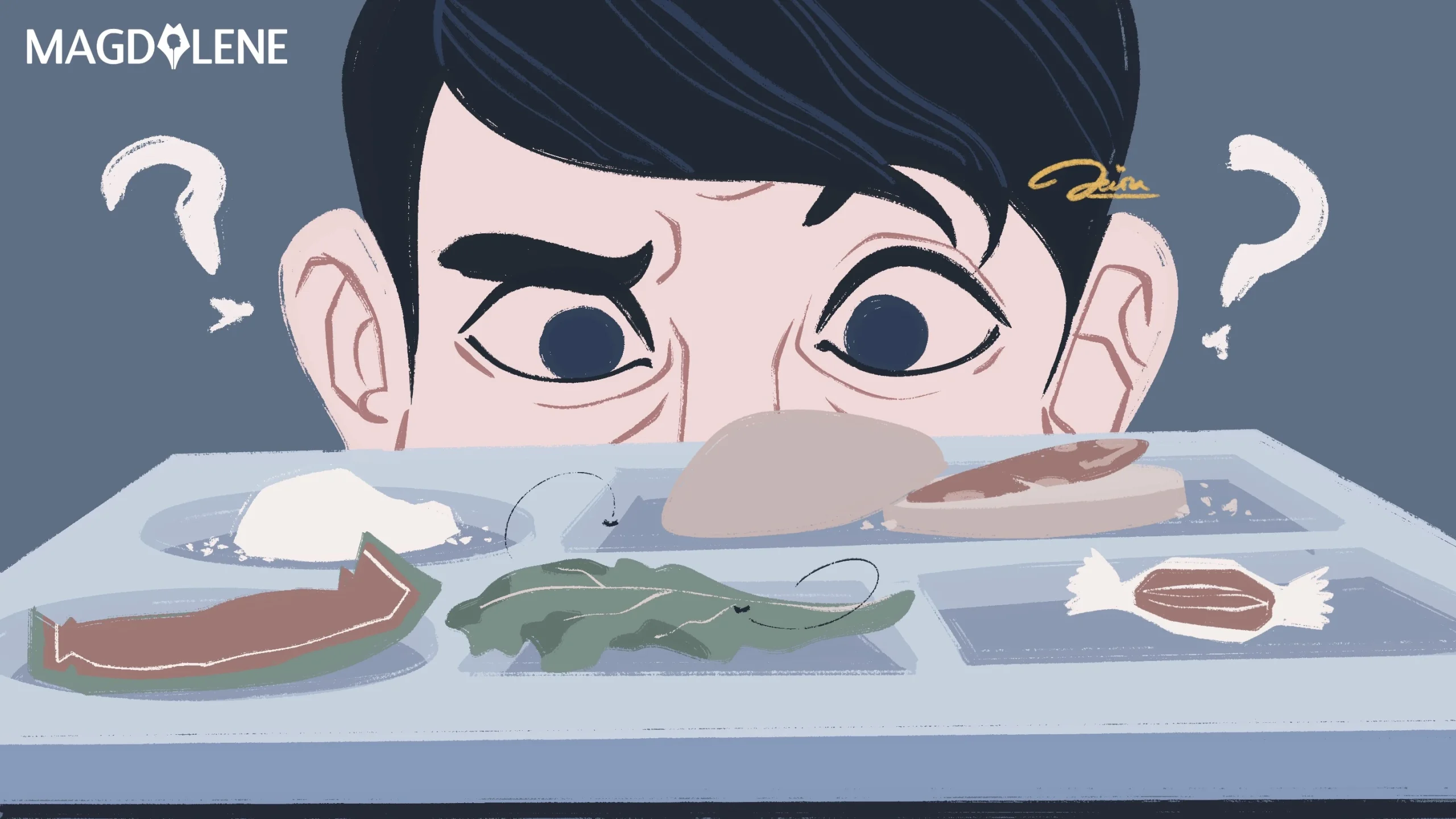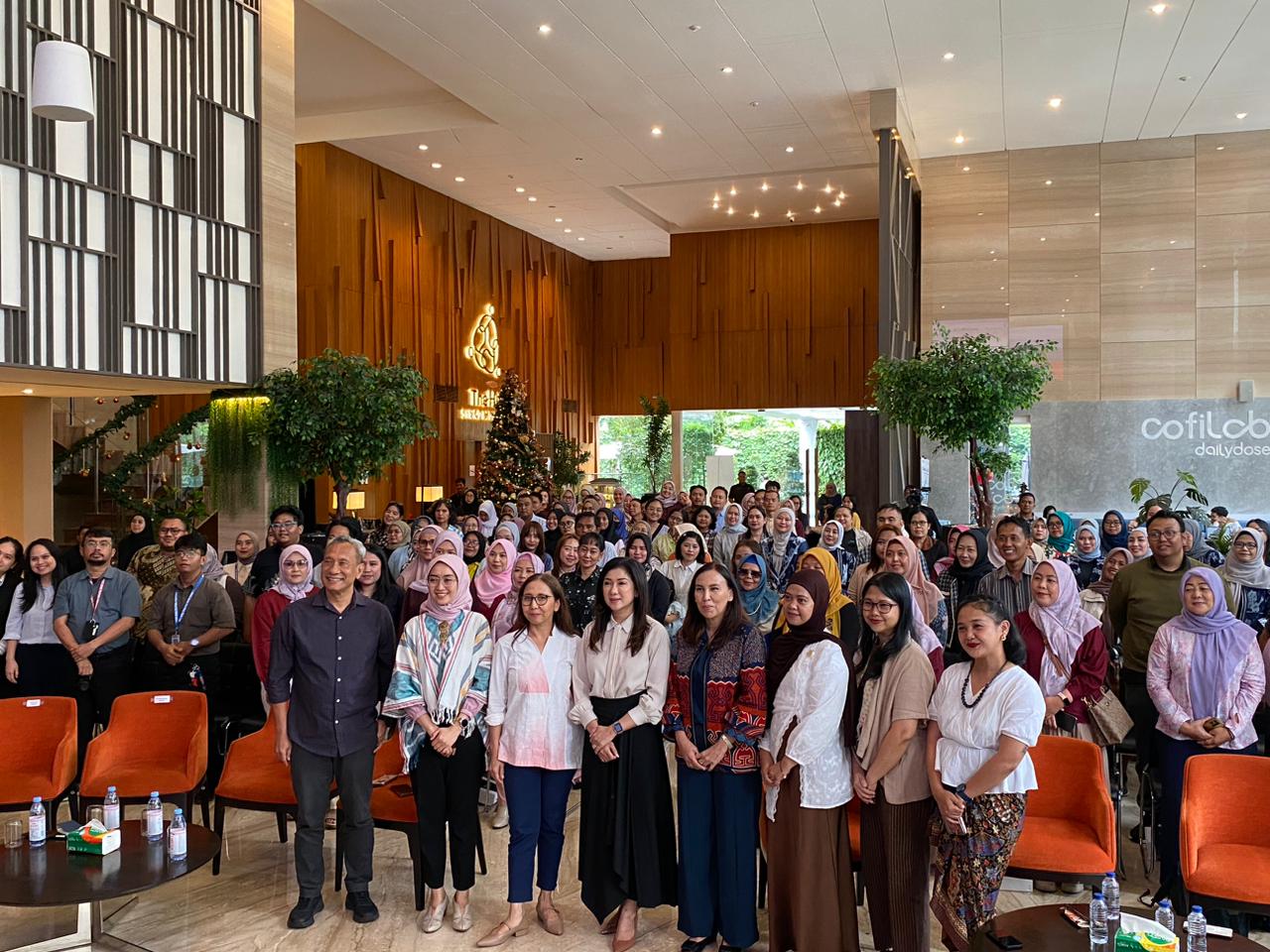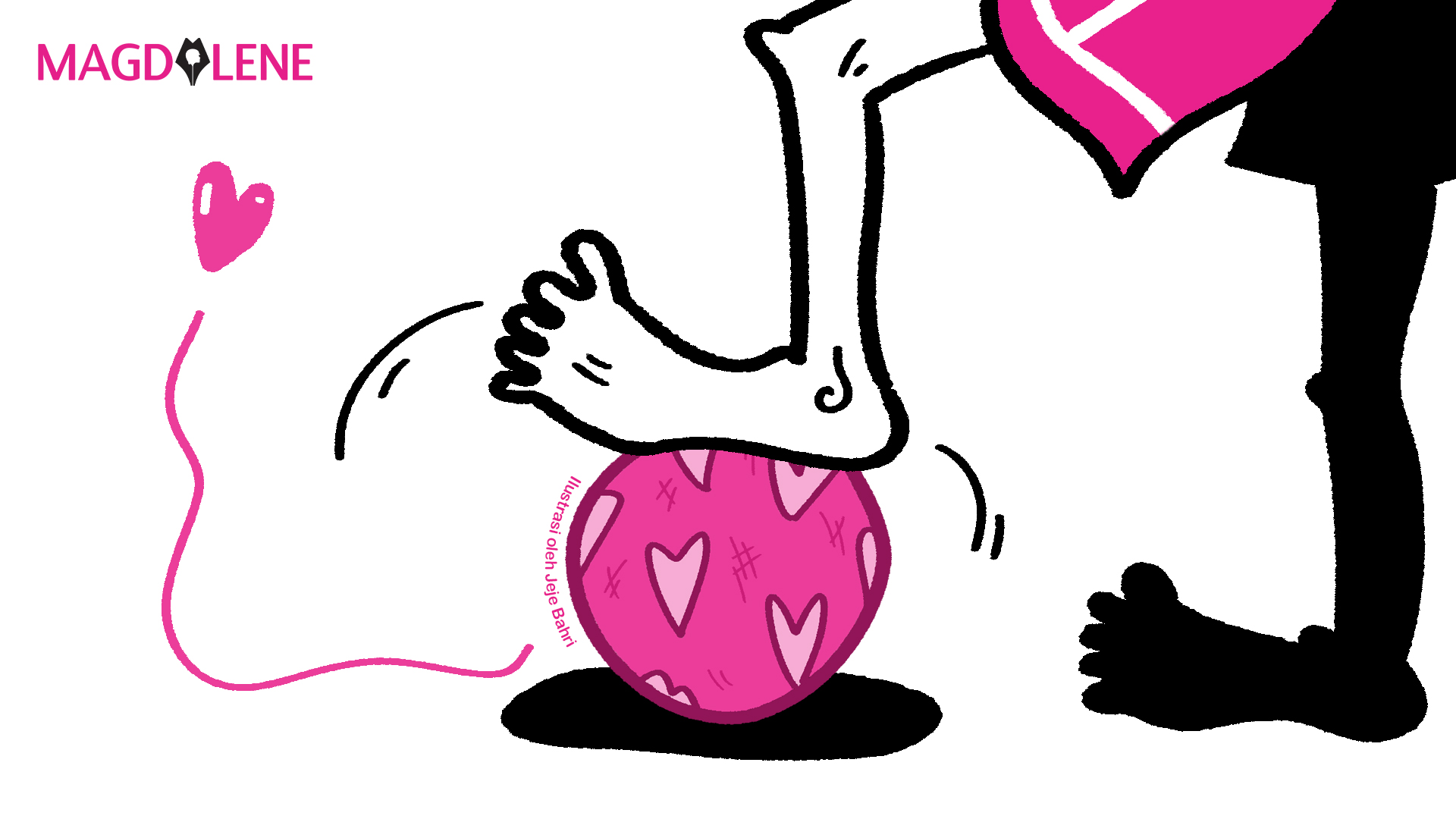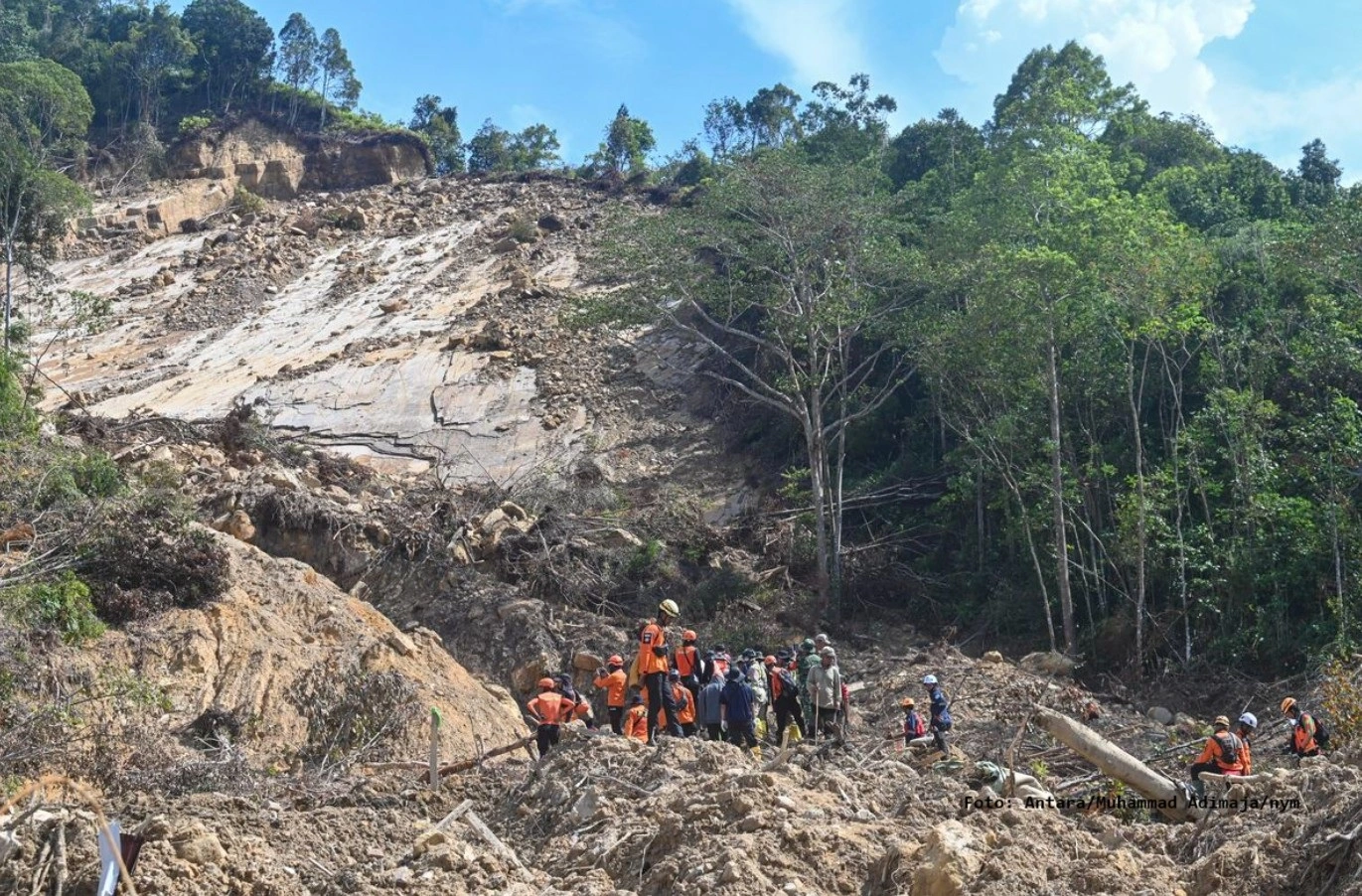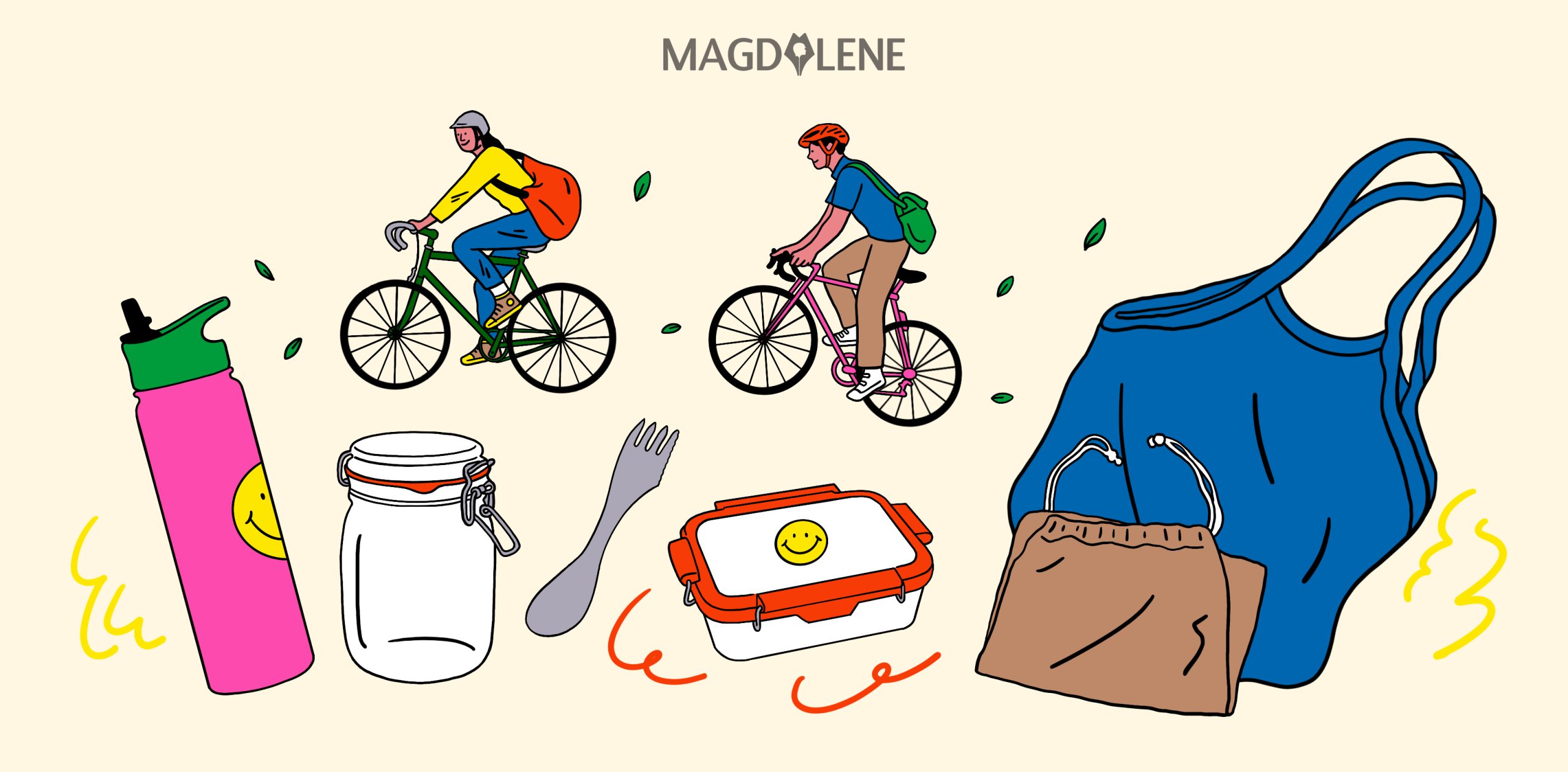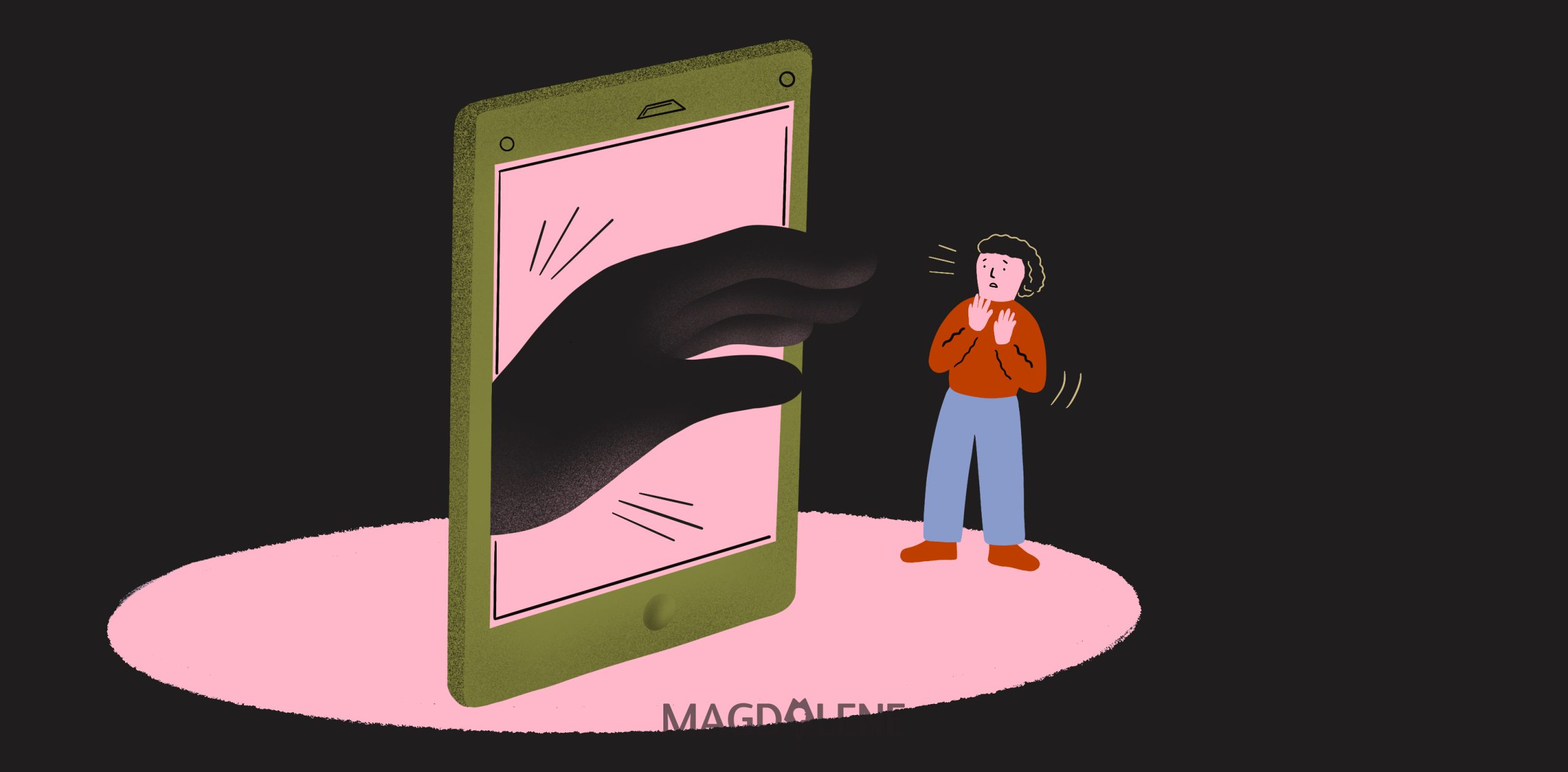Quarantine Bragging or a Cry for Help?
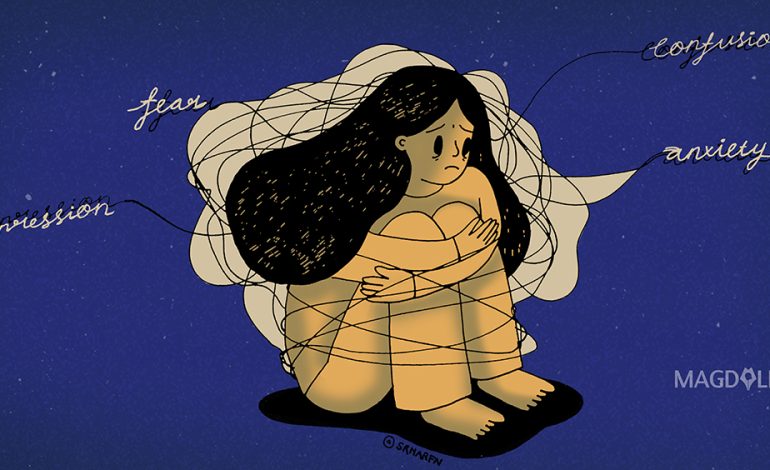
Recently, I stumbled across some articles on Magdalene regarding people who like to brag about their material wealth on social media during COVID-19 pandemic. Maybe the case of Kristen Gray, the American “digital nomad” who flaunted her luxurious lifestyles in Bali amid the pandemic has been the most controversial one that was familiar to many Indonesians.
Yes, I agree that bragging excessively about your luxurious life in these tough times shows a lack of empathy and sensitivity to other people’s hardships. Yet, at the same time, I am also interested in exploring the vulnerable, all-too-human causes which can drive us to brag about our material possessions or fancy lives to overcompensate our own sense of inadequacy.
First of all, when I read these articles on people who brag on social media, I found that I had also been guilty of bragging myself. Not about material possessions mind you. I tend to brag more about my career achievements because that’s where my greatest insecurities spring from.
I discovered that, during the pandemic, when I’d been feeling lousier because of the sense of disconnection from other people, my desire to brag about my skills and abilities had grown even more. I found that I’d been bragging more about my translation and writing skills to other people lately. Then I started to become too self-conscious about my own self-aggrandizing behavior, worried that I was going to turn people off.
After taking a pause, I discovered that beneath my desire to boast about my achievement or skills, I was actually harboring an abject sense of loneliness, unworthiness and disconnection from other people. These feelings are heightened when social contact was drastically limited, combined with the magnitudes of financial uncertainties and career turbulence during the COVID-19 pandemic.
Also read: What I’ve Learned from Slowing Down in The Time of Corona
Beneath the façade of arrogance and self-confidence, I was actually longing for people to acknowledge that I existed, that I was worthwhile and above all, that I was worthy of love.
I also have other close friends who tend to brag more during pandemic, but I can sense that, like me, they really are just processing through some hard feelings of inadequacies. They may brag about different things, but they all betray similar pattern.
A friend of mine – let’s just call him “Oscar” – bragged that he got paid a great deal of money for his translation works.
Then, I realized that he was harboring a lot of pain, because he had just lost hundreds of millions of rupiah in a bad investment (and on a bad, abusive partner) just months before. Later he also told me just how often he cried alone because he could not forgive himself for his mistakes.
In fact, when he was bragging to me about his high pay, basically he wanted reassurance from me that he could still make up for his previous losses. Maybe he was not even talking to me at that point; he was simply monologuing with himself, trying to reassure himself that he was still a potent moneymaker, despite the misfortunes he had gone through. Having discovered his tender spot, I try to be a good friend by mirroring just how good he is as a translator and as a breadwinner.
Another example of how people brag in their attempt to deny their own pain can be exemplified in “Robert”. A senior colleague of mine who has just entered his 60s, Robert often bragged about his “friends in high places”, about just how lucky he was to be quarantined in his “spacious home with swimming pool.”
But, again, I have an X-ray vision that can see the insecurities beneath his flexing behavior. Having just retired from his job, he is displaying some post-power syndrome’s symptoms. All his friends in high places were made when he was a powerful man with leverage to gain from his position. As he was deserted by these people upon retirement, he tried to reassure himself that he still had lots of friends.
Also, I know fully well that he could not stand home quarantine because he has restless feet. He likes traveling too much that the thought of giving it up for a few years during the pandemic was too much to even bear. So he tries to downplay his own feelings of discomfort by manufacturing a “sense of gratitude” about his luxurious home. Typical of toxic positivity, forcing yourself to be “grateful” to make up for your bad feelings.
From Robert, we can see that bragging can also be a defense mechanism through which you deny your own pain and your own problem by lying to yourself and everyone else that you’re all right.
I was also indulging in this kind of denialism by boasting about how happy I felt to be able to read more books while in self-quarantine, when in fact I was feeling worthless. Yet thanks to my fat ego, I’d rather go to great lengths to pretend how happy I was rather than disclosing to other people that I was lonely.
Often when we are bragging in social media, we are actually crying for help in our desperation to reach out to other people. We’re not always comfortable disclosing our difficult struggles, so we choose to brag instead. But that’s okay. When you feel down and out, that’s okay too. Maybe we need to also counter this toxic positivity movement and accept that we’re not always goody-goody individuals.
Life is complex. There is no easy way to alleviate insecurities and loneliness that we humans endure, and the COVID-19 pandemic has amplified this sense of devastation. So, here’s a simple thing you can do: the next time your friend brags about himself or herself, just think, maybe they just want you to affirm and validate them. Maybe the best we can do is merely holding a space for a friend who is actually feeling down and out. And hold a space for ourselves on not-so-pretty days when we brag too much to overcompensate for feeling lousy.
I think this whole self-love movement has become too inward-looking. Let’s face it, who doesn’t need other people’s approval and validation? We also need other people, and we also define ourselves through how other people define us. Perhaps what we need is to balance self-love with the love that comes from other people and one that we give to others as well.

